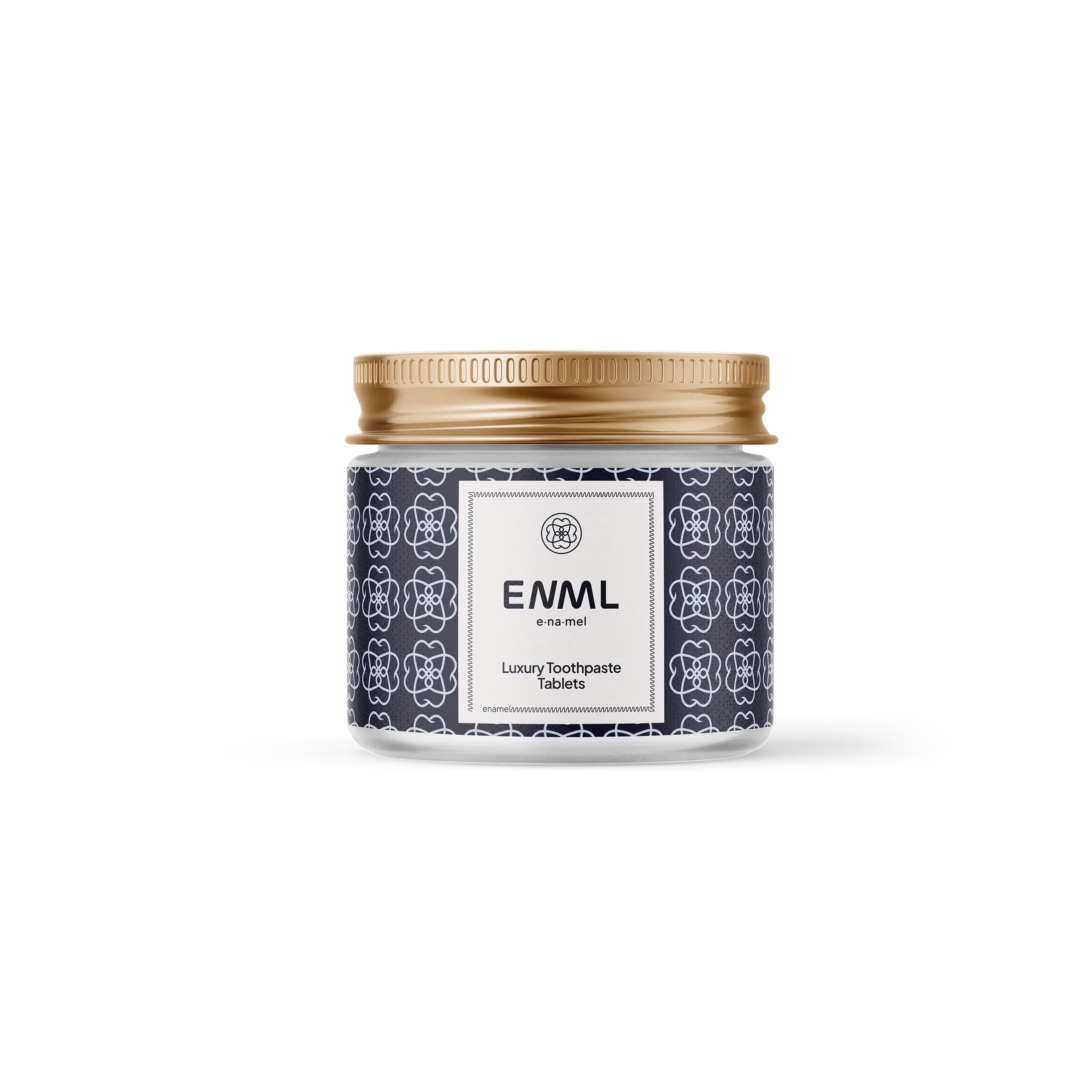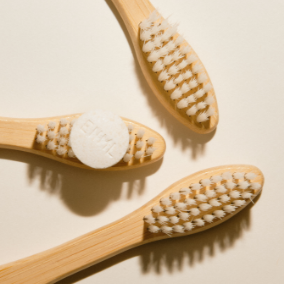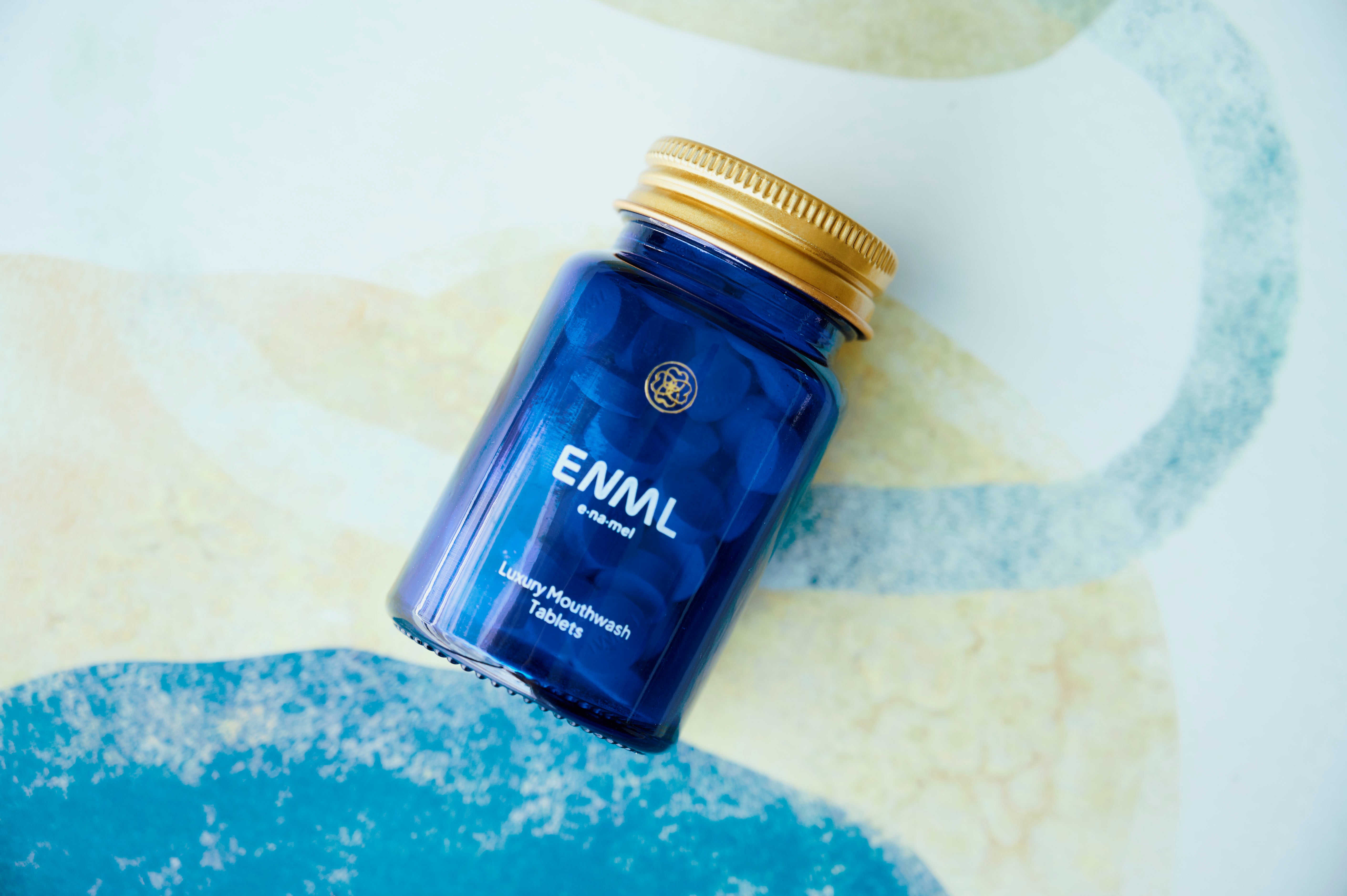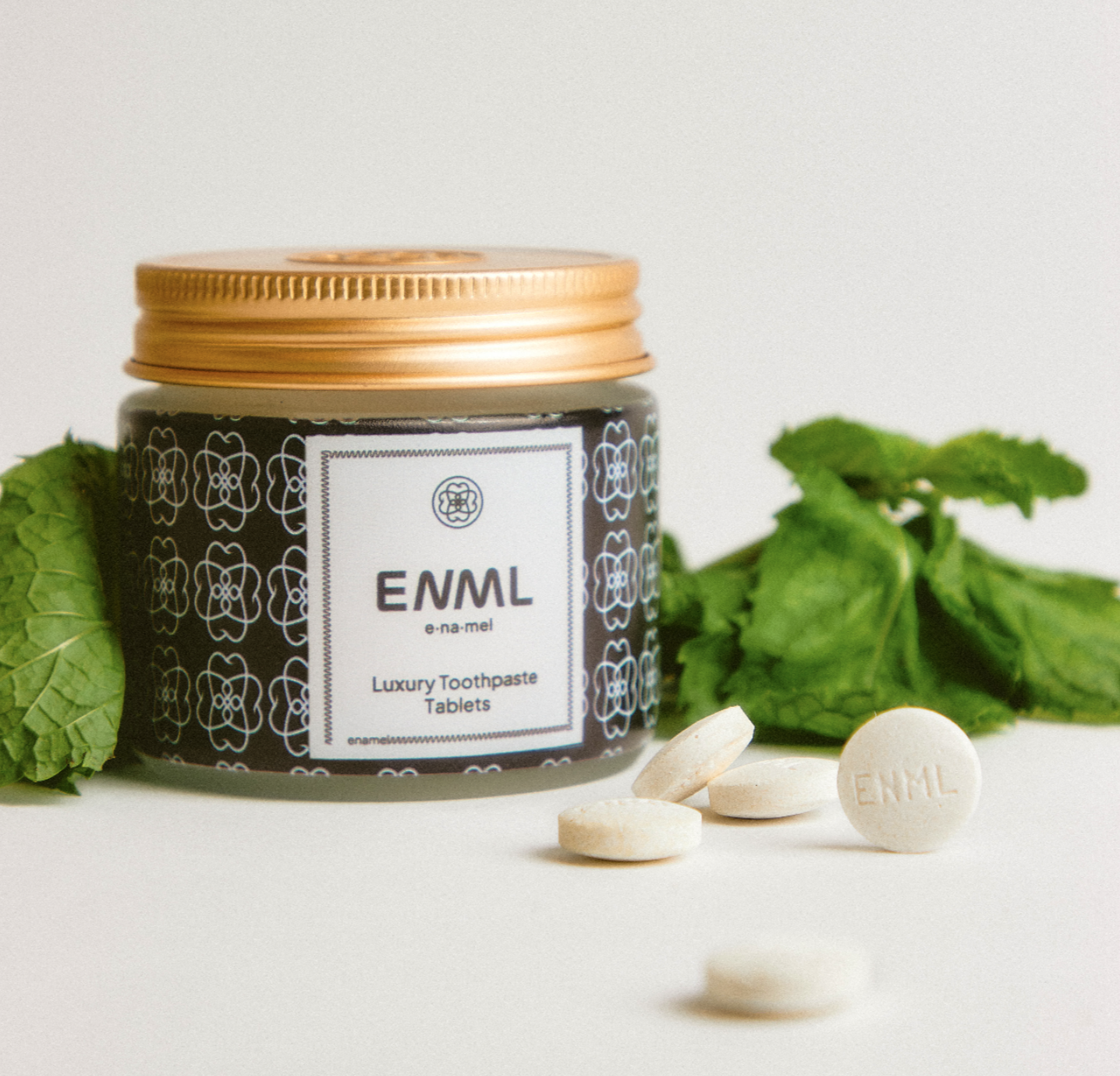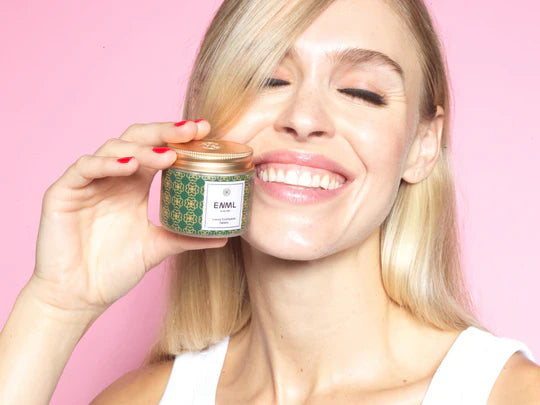Flossing—do we all need to do it? Dr. Jordan Harper offers an honest, patient-focused perspective on oral care. In this episode of Minty Fresh Takes, we dive into why not everyone needs to floss, how Cary’s Risk is assessed, and why personalized care is essential for lasting dental health. Discover insights, debunk myths, and learn how to tailor your oral care routine.
Is flossing essential for everyone?
Flossing is beneficial for most people, especially those prone to cavities between teeth or with crooked teeth. However, for individuals with a low Cary’s Risk—thanks to aligned teeth, good diets, and low bacteria levels—flossing might not be as critical. Dr. Harper emphasizes that every patient’s oral care needs are unique and should be assessed honestly by a dentist.
💡Related Post: New Year, New Habits: What to Expect When You Start Flossing Again
Key Questions and Answers
-
What is Cary’s Risk, and why does it matter?
Cary’s Risk assesses factors like diet, systemic health, tooth alignment, and bacteria levels to determine a patient’s likelihood of developing cavities. Patients are categorized as low, medium, or high risk. -
Does everyone need to floss daily?
Not necessarily. Patients with straight, well-aligned teeth and low Cary’s Risk might not benefit as much from flossing. However, those with food traps or a history of cavities should prioritize flossing. -
How do crooked teeth affect oral health?
Misaligned teeth create food traps and increase the risk of cavities, gingivitis, and bad breath. Orthodontics like Invisalign can improve alignment and reduce these risks. -
What are some common flossing myths?
A prominent myth is that flossing is universally necessary. Dr. Harper clarifies that while it’s beneficial for many, some individuals can maintain oral health without it. -
What role do enamel products play in oral care?
Enamel’s micro-hydroxyapatite toothpaste and luxury mouthwash tablets offer effective remineralization and cavity prevention, providing essential care for all patients, regardless of flossing habits.
💡Related Post: Why Flossing Matters: The Truth Behind "Only Floss the Teeth You Want to Keep"
Conclusion
Flossing might not be essential for everyone, but understanding your unique oral health needs is key. For those with high Cary’s Risk or food traps, flossing is a vital part of oral care. Enhance your routine with ENML Toothpaste Tablets to strengthen enamel and reduce decay risk.
Even if flossing isn't a daily priority for you, rinsing with ENML Mouthwash Tablets provides an easy and effective way to maintain oral health by reaching areas your toothbrush can’t. With Enamel's cutting-edge solutions, you can achieve a healthier smile tailored to your needs. Visit ENML.com for more insights and innovative products!
Transcript
I'm going to have recommendations for you to fix that, right? Or at least prevent it from getting worse. Less than 1 percent come out of the wound with perfectly aligned teeth, right? Um, I was about as close as you could get. I had Invisalign for six months as to answer your question about my own personal oral care routine.
So I tell you all that I am like, probably I won't mention names, but there's a very, very prominent periodontist. Yeah. Who starts out his lecture with welcome to minty fresh takes presented by enamel, the podcast where we explore the latest trends, science, and personal stories behind oral wellness. I'm your host Xander.
And today we have a jam packed show covering some of the most important topics in oral care from celebrities to experts in the field. You're sure to hear dentistry content done in a fun way. So sit back, grab your popcorn and your floss because you'll need it after and enjoy this conversation. Thanks for listening.
Here we go. We've got a hot topic for a lot of people, a lot of people. That they go to the dentist and the first question that you're going to get when you sit in the chair is When was the last time you flossed and in the classic answer? Is well, it was the last time when I saw you right and so we've got dr.
Jordan harbour here today He's about to answer all the flossing questions we could ever ask And we're going to jump right into it. But first, before we do, we're going to ask Dr. Harper. Walk us through your day to day oral care routine. I'm going to be honest. Viewers, honest. Right? Um, I eat pretty well. I have a pretty darn good brushing technique.
And I use enamel. 45 degrees. Yeah, 45 degrees tooth angle, gentle circles, and I have relatively perfectly lined teeth. Uh, it's significant because I don't have any food traps and I'm telling you all these things are all caveats to don't, don't necessarily do as I, as I do, but do as I say, because everyone's different.
Um, so I am what's classified as a low carries risk patient. Um, I've had a low carries, low carries risk. So, so we in the dental industry have a, have a methodology of classifying our patients as high, medium, low carries risk. It has to do with different environmental factors, um, different types of systemic disease, uh, you know, different areas and levels of demonetization of the teeth, um, diet, all these things, right?
And position of the teeth is another big one, right? Um, and so, so all of these things add up to what your caries risk is, right? And I'm not actually telling my patients like, Oh, your caries risk is high. Like we had to in dental school, right? Cause that's silly. No one cares. But what I do tell people is I provide recommendations based on what I see.
Right. So if you've never had braces and your teeth are all crooked and, and I'm seeing plaque and food trapped everywhere, and it's causing gingivitis, possibly periodontitis, I'm going to have recommendations for you to fix that, right? Or at least prevent it from getting worse, right? People think ortho is to make your teeth beautiful smile, right?
It is, but the big thing for someone like me, who I'm more of, of, Hey, I'm really into being functional. I want your teeth to be functional and healthy for you. Right. And survive till the day you die. That's my goal as a dentist and teeth being in proper position. Actually, it's amazing. The human body naturally has defense mechanisms to protect you from getting food caught in your teeth.
Okay. From, from, from getting cavities, right. If they're aligned properly now, 1 percent less than 1 percent come out of the wound with perfectly aligned teeth, right? Um, I was about as close as you could get. I had Invisalign for six months, right? To get my teeth just perfectly rotating the right position, right?
Um, but, but it's one of those things. It's, it's, it's, if your teeth aren't in the right position, you're way more susceptible to getting cavities. And what happens is, is the way the bony architecture that's just sports, your gum tissue lines up. When the teeth are perfectly aligned, those papilla, which is the gum tissue that forms a little point.
Okay. Um, if you floss too hard, it hurts a little bit. You're hitting the papilla, right? That papilla actually is built and designed to whisk food away. The teeth are very, very specifically designed in a certain shape to keep food impaction from happening, right? So all these natural evolutionary things of the teeth design is amazing because it's built in such a way.
To keep you from getting cavities in the first place. The problem is everyone's teeth come out in all these janky positions, right? And you've got teeth in all sorts of crooked positions. Guess what? That's food traps. Guess what? That's going to lead to you getting more cavities, more tooth decay, more, more plaque on the teeth.
You know, more gingivitis, more bad breath, all these things. Um, that was a very, very long winded explanation, uh, as to answer your question about my own personal oral care routine. So I tell you all that I am like probably the lowest curious risk of all. I have a good diet. Teeth are well aligned. I'm not prone to interproximal decay.
Some people are prone to it. Some people are not. My oral care routine is. I brush with enamel, and that's it. Twice a day. Twice a day. That's all I do. That's unbelievable. I don't use any sort of glycerine based, you know, I don't use any sort of alcohol based mouthwash. I don't do that. You get the enamel toothpaste.
I use mouthwash only to freshen up during the day a little bit. Maybe after lunch. Well, you've got the enamel, uh, Enamel mouthwash tabs, exactly. That's the main reason Kyle and I invented it. It's like, There's not an easy way to carry liquid mouthwash, right? And so like you can keep our mouthwash tabs like a little tic tac, you know, it's an easy way to do it So so that's the only really mouthwash I use other than that.
It's like I brush with enamel twice a day. That's it Okay question for you. How can somebody find out what level on the carries risk? They are. Is that a dentist? Yeah, there's yeah, that's a dentist question. Okay. Um, and, and, and I would be immediately like alarmed if a patient came into me and was like, you know, what's my carries risk?
I'd be like, who are you? You know, I've never heard that question in my life. Like what is going on? Um, and, and, and I would assume it's low, medium and high. Low, medium, high, you know, again, I don't even give, I've never actually told a patient outside of someone I see who's, who's got, you know, Mountain Dew mouth.
Right. Um, I, I don't, I don't really ever tell them like, wow, you're really high carries risk. But the thing is, is there are people in, in a lot of times it starts with the kids, right? You'll see people that have higher carries risk than others because of Yeah. Various reasons. Like we mentioned earlier, diet, bacteria in the mouth and everything else.
Yeah. But, but there's curious risk, um, assessments like don't really go on usually. Um, no one really asks about it. I just provide recommendations to help, right? Um, if I see someone that comes in that looks like a high curious risk patient, I'm going to tell them, Hey, look, you've got to step it up. You need to be timing yourself, brushing your teeth.
I'm going to talk to him about. Proper toothbrush technique. I'm going to talk to them about using enamel. I'm going to talk to them about, you know, adding mouthwash to the routine to get into crevices that their toothbrush can't reach because their teeth aren't straight. I'm going to talk to them about flossing their teeth because all those things have a place and an importance.
Okay. People find out that I don't floss my teeth and they, you know, immediately the first reaction is like, Oh, that's what all the dentists say. It's like, yeah. And I say it too, right? I say to specific patients, you know, you come to see me, Can I use you as an example? Sure. Okay. I'm going to use Xander as an example.
Okay? Because he has just given me permission to break HIPAA. On camera. Okay? We're available. He's available. Okay? I've looked in Xander's mouth. I've seen his teeth. Xander would probably be okay if he didn't floss his teeth. He'd probably be okay. Because he's not susceptible to getting cavities between his teeth.
And there's people that are and people that aren't. Xander has beautifully straight teeth. Um, he eats well. He's fit. He's not getting tooth decay in between the teeth. Then you see other patients where the bacteria in their mouth is different. Food, food and diet is different, which is key. They're getting food stuck all the time.
They get, I'm, I'm filling a cavity in between the teeth every six months. That's the patient I'm going, Hey, you need a floss. You need to be using mouthwash. You need to use everything that's in your, in your corner. To try and help because something's not working here, right? And, and, and there's a, I've attended a very, very, I won't mention names, but there's a very, very prominent periodontist who starts out his lecture with like, flossing's a joke and flossing should be done.
And I, I sat there and listened to what he had to say, but like, to me, that's asinine, right? Okay. So you're telling me removing food from between the teeth doesn't help. Yeah. Okay. That's insanity. Yeah. Right. And, and, and flossing helps. Is there a group of patients? Thankfully I'm one of them because I'm not good about flossing.
Um, that the flossing doesn't benefit. Yeah. Right. But there's so many other things you can't focus on. Well, I shouldn't floss because Dr. Holman, Dr. Harper told me he doesn't floss, right? Look, my life's completely different than yours. Everyone's got this unique individual subset of circumstances that apply to a curious risk assessment.
Um, And so, so yes, flossing is very beneficial for the vast majority of the patient population. Because the vast majority of the patient population are susceptible to those things, right? Um, but there is, there is a small subset of patients that could get by with non flossing. And I think that goes back to a little bit of the trusting the dentist.
I think there's, I think that not, you know, we're all very lucky to be able to see you and you give us honest answers. You're not looking to, Oh, we got to add a crown here, add a crown here, add a crown here. Because you know, dentists have all the leverage when we sit down in the chair. And so if they're telling us, Oh, we got a floss.
Well, that might just be another thing that we hear going, I don't know. I don't really need to do that. And what that kind of allows with this information to do for the everyday patient that's listening to this is they're hearing it going, okay, okay. This guy is actually telling me that I might not be a person that has to floss.
I might not be the individual, I might have a low risk on the, on the Cary's Risk Scale, right? And for me to be able to ask my dentist that and find out and get an honest answer, that will actually give me even more incentive to want to floss if I'm not currently doing it now. Bingo. Bingo. And I think you hit the nail on the head.
Like, I, I am very open and honest about people, about people like, look, I got in this business to save teeth and keep teeth in your head till the day you die. That's why I'm here. I was put on this planet for this. I'm getting chills thinking about it. It's weird, man. Um, that's literally what I was put here to do.
It's weird. But everything you get out of me is honesty, right? And I'm not going to tell you to do something if you don't physically need to do it, right? Um, and the patients that I see, and I do, I'm like, you need to be stepping up your flossing game. It's because I'm seeing problems. with something going on where flossing is going to benefit you.
I don't tell every patient you need to be flossing more. I don't, I'd be sick of saying that. I say it a handful of times a day because there's a handful of patients today that truly need that advice. Right. Um, and so, so for me, that's how I treat my patients. It's all about honesty. Um, and it's all about just telling them what I see.
I'm not here to nickel and dime you and make money off of stuff. That's not, that's not what I'm here. Right. I'm here to just give you honest advice on what you need. And there are patients that can get by with not flossing. There are patients that need to floss big time. And listen, we need more dentists like that, so we appreciate you doing this.
And listen, but maybe not every patient benefits from flossing, but every patient would benefit from enamel. So make sure you grab your toothpaste today to re mineralize the tooth. If I can ever say that word right, it's an unbelievable deal. Um, and we've got those available in the store, so make sure you guys check those out.
Hey guys, thanks so much for tuning in to another episode of Minty Fresh Takes, presented by enamel. Listen, we all know people that are into the latest trends for their oral care. We also know people on the other side of the spectrum that are not. This show is made for both of those people. And so if you could do us the absolute biggest favor and share this, like, comment, subscribe, make, make, make sure to share this with your friends on both sides of the spectrum and somebody right in the middle.
That would be awesome. Our biggest mission here, not only doing this podcast, but with all the products in the dentistry here in Nisal is to ensure the trust and the quality of product that we continually offer to our patients. Our mission through this show and through our brand new product enamel is to ensure that your teeth are being covered by nutrients that actually benefit your teeth.
I microhydroxyapatite, our toothpaste tablets that we have right here. Toothpaste tablets and the luxury mouthwash tablets. These are both available at enamel. com. That is E N M L. com. And if you're looking for more information on micro hydroxy appetite, feel free to check out our latest YouTube videos.
Like we said earlier, make sure to subscribe to this channel. You don't want to miss anything that we have coming out and thanks so much for watching. We'll see you on the next show.


